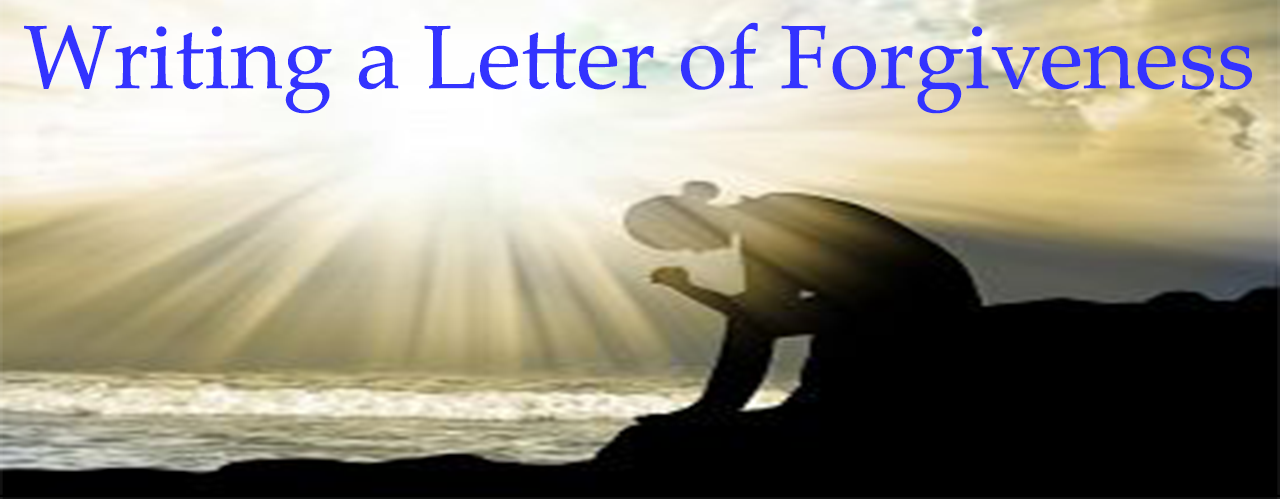"I was pleasantly surprised at how these characters and events can give insights into our most important relationships." (Poster | Star Wars)
I write a lot about healthy relationships. I've done plenty of posts offering principles for a strong marriage or keys to coaching your kids on how to enter romantic relationships with wisdom. It's what I do.
I'm also a big Star Wars fan. Given the fact that The Force Awakens (episode 7 for those who aren't paying attention) opens this week, I couldn't help but mine the Star Wars canon for some valuable relationship advice. After some thoughtful consideration, I was pleasantly surprised at how these characters and events from "a long time ago in a galaxy far, far away" can give us insights into our most important relationships.
For no particular reason, I've chosen to put these bits of wisdom in an order that generally reflects the timeline of when we encountered the characters and events. Whether you are married or hoping to coach your kids, I'm sure these truths will absolutely revolutionize your life. Or not.






He is at least 7 years younger than her and was absolutely annoying as a child. He grows into a handsome young man but still has the personality of a rotten turnip. His role model is a crusty old man with an eye on the absolute domination of the known galaxy. And if your daughter's boyfriend ever suggests that murdering a bunch of young trainees in his religious order is a good thing, she should take that as a warning sign that the he is not the marrying type. Better to end it now than to have to deal with his dysfunctional tendencies later.
Since one portion of our work at INFO for Families is devoted to discovering God's design for sexual health in marriage, I will offer one final piece of relationship advice to all the wives out there. If are you're looking for "a new hope" to bring some spice back into your marriage, buy one of those Princess Leia costumes from the Jabba the Hutt scene in Return of the Jedi. You can't go wrong.
Barrett and Jenifer Johnson. After serving in the local church for 25 years, Barrett and Jenifer launched INFO for Families as a ministry designed to encourage people through speaking, personal coaching and resource development. Barrett served for 15 years in youth ministry before serving for eight years as the Family Minister at Johnson Ferry Baptist Church in Atlanta, one of the largest churches in the South. He has degrees from Texas A&M University and Southwestern Seminary, but he and Jenifer have received their best education through the no-holds-barred nature of everyday family life.
For original article go to infoforfamilies.com







